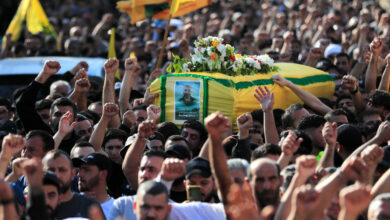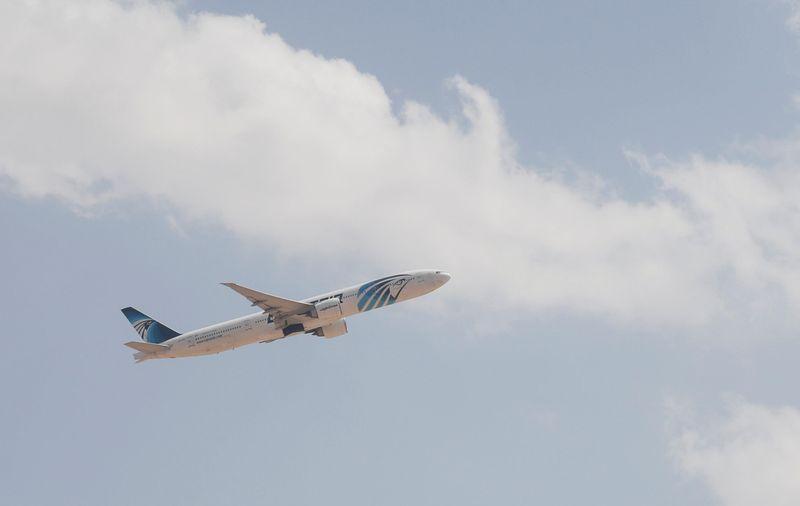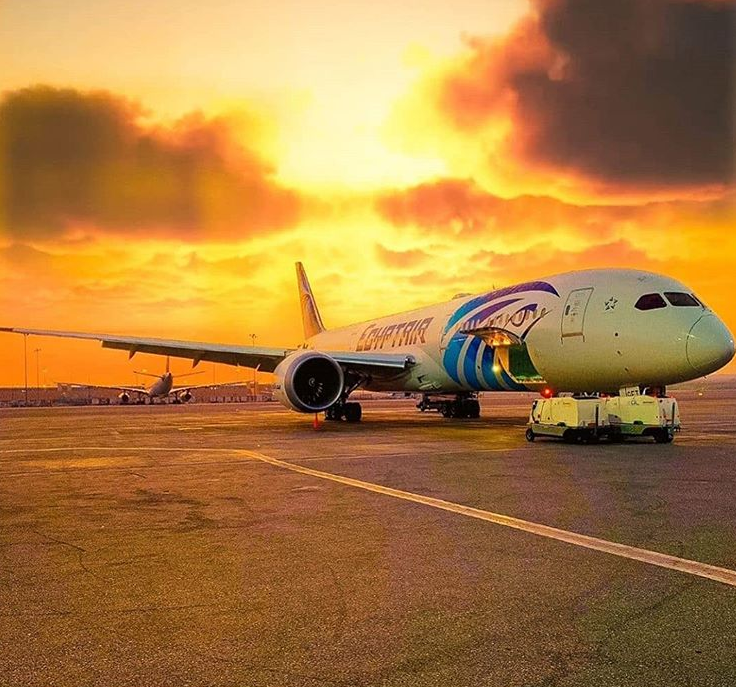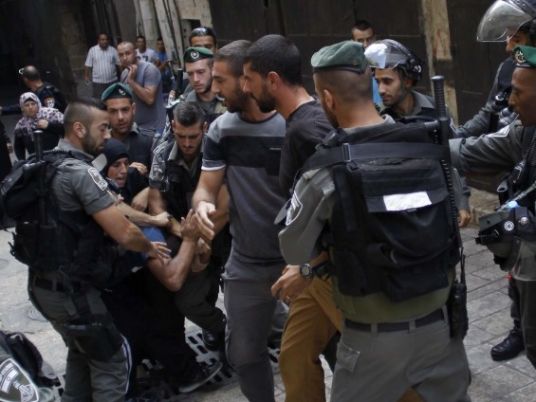
September 16 marks the 33rd anniversary of the Sabra and Shatila massacre, which resulted in the death of at least 2,000 civilians, mostly Palestinian and Lebanese, in Beirut.
The massacre took place after Lebanon's Phalanges militia and the Israeli army, which was occupying Lebanon at the time, stormed two refugee camps in Beriut.
The right-wing Phalanges were ordered by the Israeli Defense Forces (IDF) to clear out Sabra and Shatila as part of the IDF's attempts to maneuver into West Beirut. The massacre went on for two days, from September 16 to 18.
The Daily Telegraph reported that many corpses were brutally mutilated. Boys were castrated, scalped and had the Christian cross carved into their bodies.
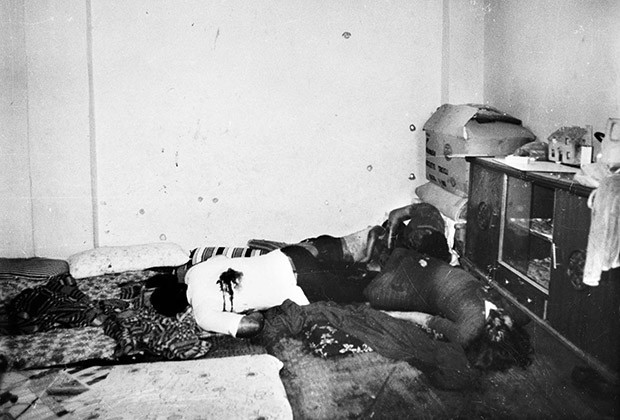
Bodies lay at Sabra and Shatila Palestinian refugee camp in Beirut in 1982./Reuters
As witnessed and reported by American journalist Janet Lee Stevens, countless babies and toddlers had been stabbed to death and others had been thrown into the garbage. Steven also saw a pregnant woman screaming in horror as she was killed.
"I saw dead women in their houses with their skirts up to their waists and their legs spread apart. Dozens of young men shot after being lined up against an alley wall,” wrote Stevens.
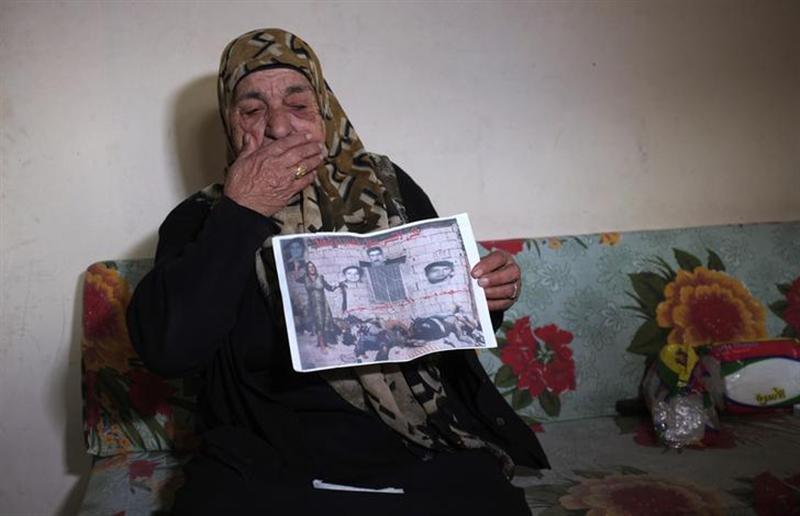
Milany Boutros Alha Bourje holds a picture of herself, standing over her dead family after the Sabra and Shatila massacre, in her home at the Shatila Palestinian refugee camp on the outskirts of Beirut January 11, 2014. Reuters/Caren Firouz
“They were everywhere, in the road, the alleyways, in back yards and broken rooms, beneath crumpled masonry and across the top of garbage lids. When we had seen a hundred bodies, we stopped counting,” said Sawsan Abudallah, a Palestinian writer.
“Down every alleyway, there were corpses, women, young men, babies and grandparents lying together in lazy and terrible profusion where they had been knifed or machine-gunned to death," she continued. "Each corridor through the rubble produced more bodies.”
The UN Security Council described Sabra and Shatila as a “criminal massacre” after discovering that illegal weapons had been used on civilians and the former Israeli premier Ariel Sharon was proven to be personally responsible for the crime. He was never punished, however.

Former Israeli Prime Minister Ariel Sharon (Moshe Milner/Government press office via Reuters)
Eerily close to the Sabra and Shatila anniversary, Israeli troops stormed Al-Aqsa Mosque on September 13, injuring 36 Palestinians. Clashes between Israelis and Palestinians have persisted for three days.

